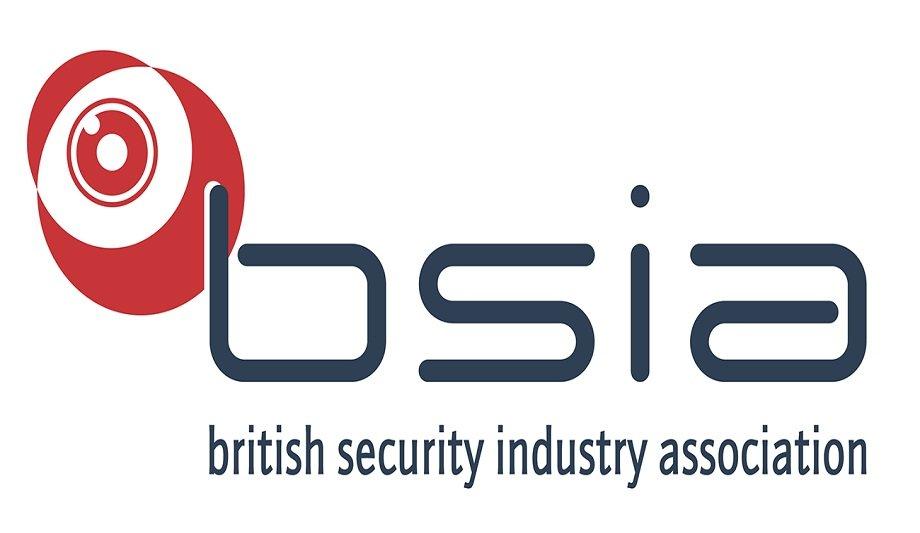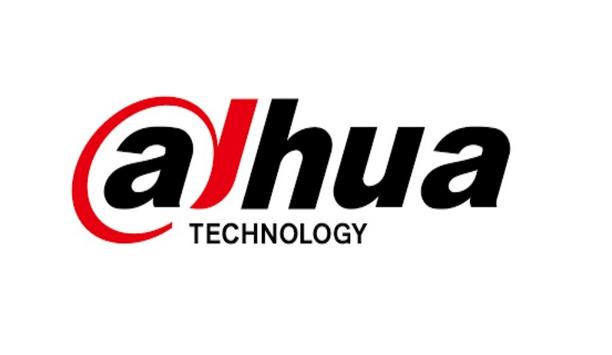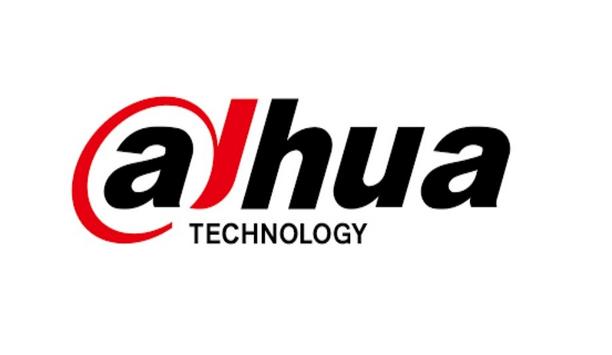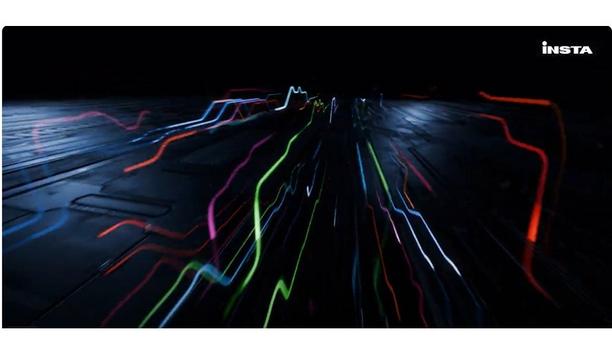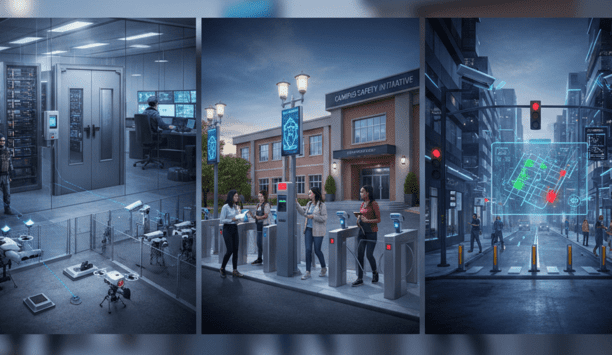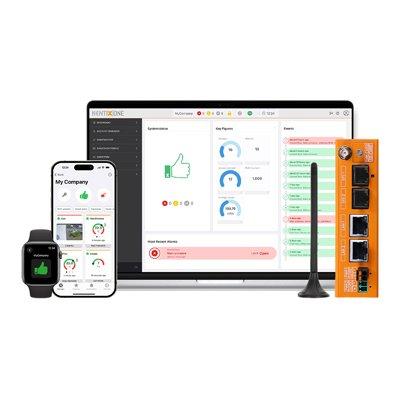The British Security Industry Association (BSIA) is calling on the UK government for clarity on how it intends to fill the void left after the recent resignation of its Biometric & Surveillance Camera Commissioner (B&SCC) and the abolition of its office.
The current commissioner, Fraser Sampson, will remain in post until the end of October, before the functions of the role are expected to be subsumed by the Investigatory Powers Commissioner, as part of the Data Protection and Digital Information Bill (DPDI), which is proceeding through parliament. The Bill, as currently written, also removes the need for the Government to publish a Surveillance Camera Code of Practice.
Self-certification scheme
BSIA worked with the Office of the Surveillance Camera Commissioner since its formation in 2014
The BSIA has worked closely with the Office of the Surveillance Camera Commissioner since its formation in 2014 and the commissioner at that time, Tony Porter, welcomed the opportunity of engagement from the BSIA, who went on to lead two of the key industry strands of work around the National Surveillance Camera Strategy for England & Wales.
In this capacity, the BSIA worked with other stakeholders to create several foundation documents, including the list of key recommended standards for use in video surveillance systems, a buyers toolkit, the passport to compliance, and a "Secure by Default" self-certification scheme for manufacturers.
Functions of the B&SCC
A great deal of this work is currently set to be archived when the office is finally closed and it is unclear how the transfer of the functions of the B&SCC will be carried out in practice, and if engagement with industry practitioners will even be a consideration.
We are both disappointed and concerned about the proposed abolition of the B&SCC"
Dave Wilkinson, Director of Technical Services, BSIA, said: “We are both disappointed and concerned about the proposed abolition of the B&SCC. Given the prolific emergence of biometric technologies associated with video surveillance, now is a crucial time for government, industry, and the independent commissioner(s) to work closely together to ensure video surveillance is used appropriately, proportionately, and most importantly, ethically."
Tangible outcomes
Dave Wilkinson added, “We are therefore, on behalf of our industry asking for clarity on how the government intends to fill the void."
"The B&SCC was a sterling example of a government and private sector partnership with tangible outcomes of benefit to all; failure to continue in a similar vein would be detrimental to any progress in future implementation of codes of conduct.”
From facial recognition to LiDAR, explore the innovations redefining gaming surveillance

